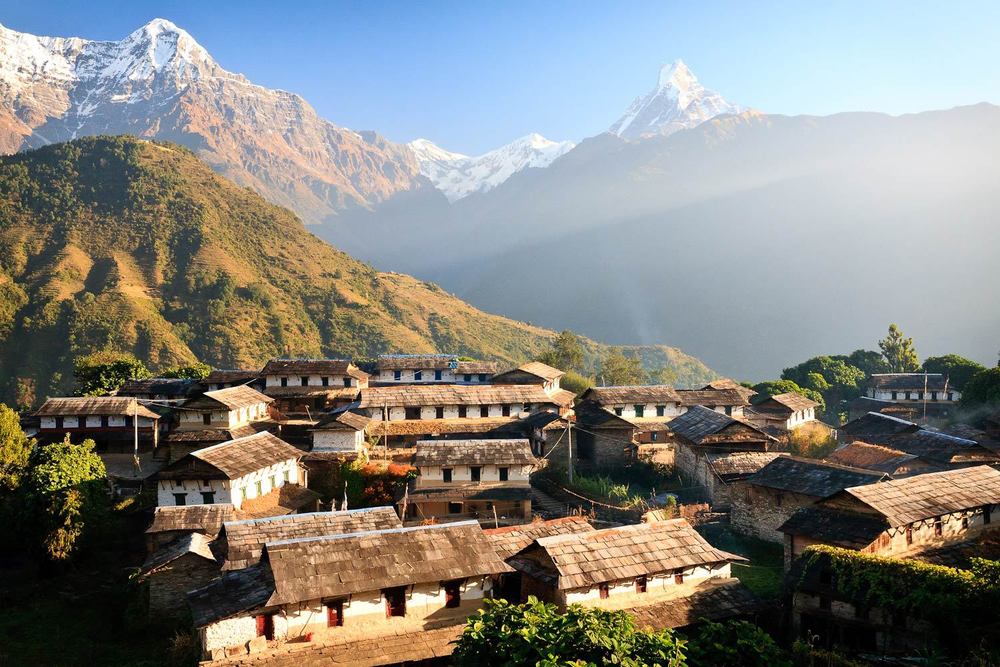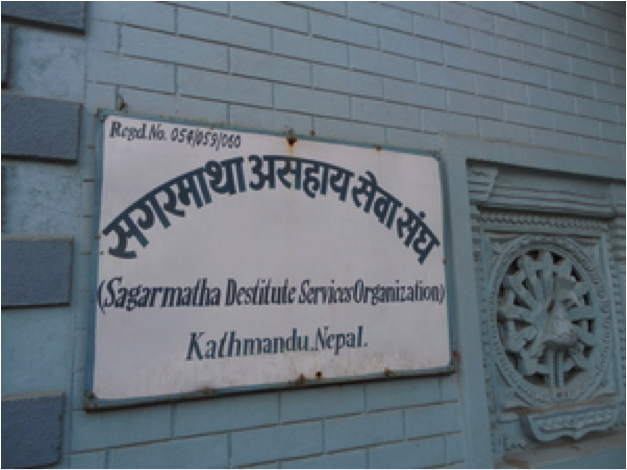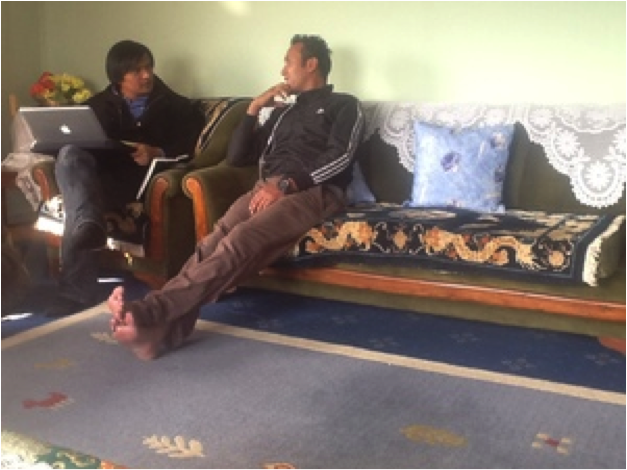
BACKGROUND
Nepal is one of the poorest and least developed countries in the world, with almost one-quarter of its population living below the poverty line. Several development projects are underway with a Eurocentric worldview, which radically imbalances the cultural stability and social system of Nepal and contributes to environmental degradation.
Forces of globalization, modernity and westernization has brought new opportunities and new challenges. They have radically shifted the way of life often to the detriment of tradition, culture and social stability. With just over 28 million population and rich natural resources, bringing Nepal to sustainable and thriving nation is not a faraway goal.
The political instability has halted development initiatives for more than a decade and as the youngest republic in the world, Nepal stands waiting for new leaders with global vision to create a new nation.
Integral Nepal Project is working with a vision of creating “1000 change leaders for a thriving Nepal” by the year 2025. We envision to collaborate with leaders from every sector - non-profit, business, politics, education, law, healthcare who are working in Nepali communities.
OBJECTIVES
- To impact _comm__unities by partnering and developing integral leadership capacities
- To bridge the gap between elite integral studies and mainstream leadership practices by reframing integral as actionable curriculum
- To raise awareness of the global context that we live in today and adapt the Earth Charter principles
- To honor arts, culture and lifestyle of underserved communities and provide leadership capacity to thrive and access global market'
KEY DELIVERABLES:
1. Impact Leadership Training
- 9 months of rigorous leadership training that brings out not only strategic thinking but also personal mastery and presence.
- This multi-disciplinary training will be informed by latest researches in psychology, leadership studies, organizational development, and international development
2. Project Planning and Development
- 2 years of strategic planning, financial analysis, need assessment, capacity building and monitoring of participant’s projects.
- This will ensure project’s long-term sustainability and development.
- Participants will be trained in maintaining and developing project initiatives based on latest researches and case studies on sustainable development.
- This will also include navigating global concerns like climate change, cultural conflicts, women rights, and poverty.
- Participants will be introduced to network of other NGOs, foundations and social entrepreneurship ventures in US, Canada and South America. This will ensure ongoing learning and support.
- Establish annual conference for knowledge sharing and community building.
3. Sustainable Development & Thrivability Training
- Participants will be trained in maintaining and developing project initiatives based on latest researches and case studies on sustainable development.
- This will also include navigating global concerns like climate change, cultural conflicts, women rights, and poverty
4. Global Citizenship & Local Leadership
- Participants will be introduced to network of other NGOs, foundations and social entrepreneurship ventures in US, Canada and South America. This will ensure ongoing learning and support.
5. Nepal Sustainable Development Conference
- Establish annual conference for knowledge sharing and community building.
OUR PARTNERSHIP WITH SAGARMATHA ASAHAYA SEWA SANGH
Sagarmatha Asahaya Sewa Sangh (SASS) was established in 2002 to assist destitute women and children in living a respectful life in their own community. They empower women and children who are rejected by their family, because of socio-economic reasons. Integral Nepal Project has formed a partnership with SASS since 2012 and have co-designed this project based on the expressed interest from SASS to learn more about our approach and enhance it’s praxis in community development.
Research Objectives & Outcomes:
1. Deliver key components of an Integral Capacity Development program with our partner organization in Kathmandu, Nepal;
2. Carry out workshops with our partner organization in Kathmandu to collaboratively design an assessment and evaluation plan;
3. Synthesize the results of the project to share with project partners and to disseminate widely with other development organizations.
Project Activities:
1. Engage stakeholders who are directly affected in the capacity development initiative;
2. Assess preexisting capacities and determine what areas require additional training, what areas should be prioritized and in what ways capacity building can be incorporated into local and institutional strategies; Formulate a sustainable strategy that addresses (a) institutional structure, (b) leadership development, (c) knowledge sharing and embodied training, and (d) accountability and feedback loop;
3. Implement an intervention strategy by conducting workshops;
4. Evaluate institutional structures, leadership, knowledge, and accountability practices.


